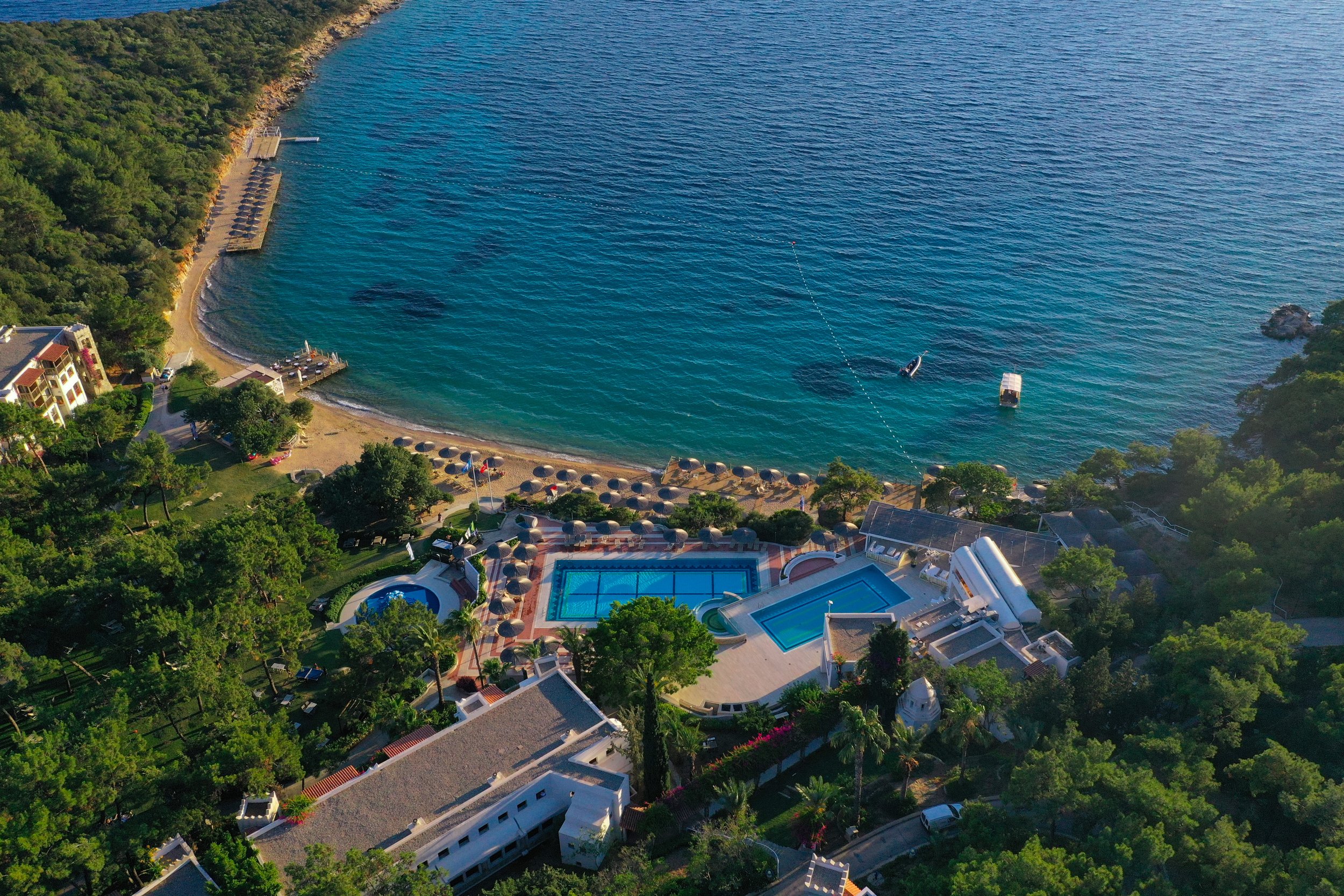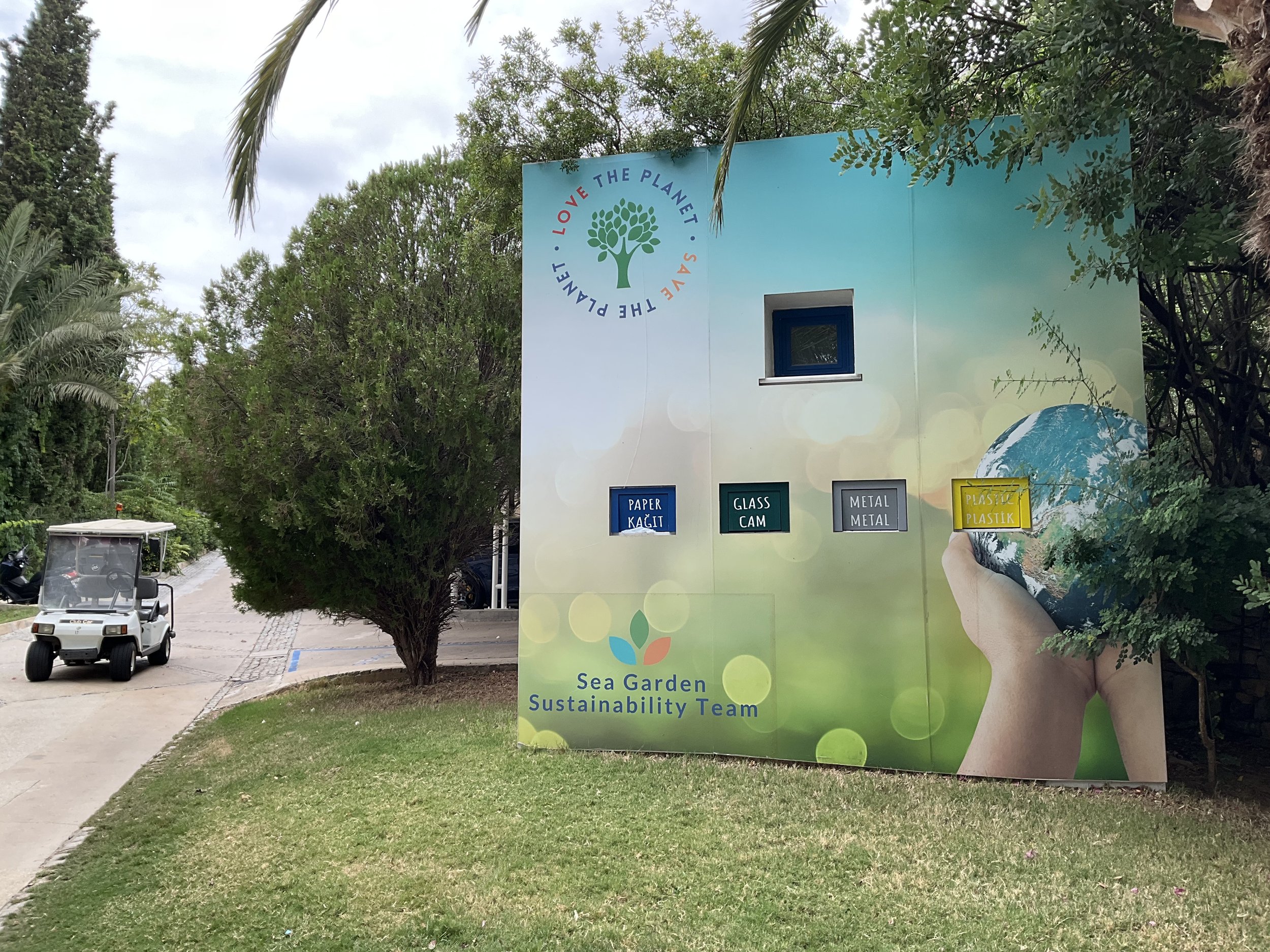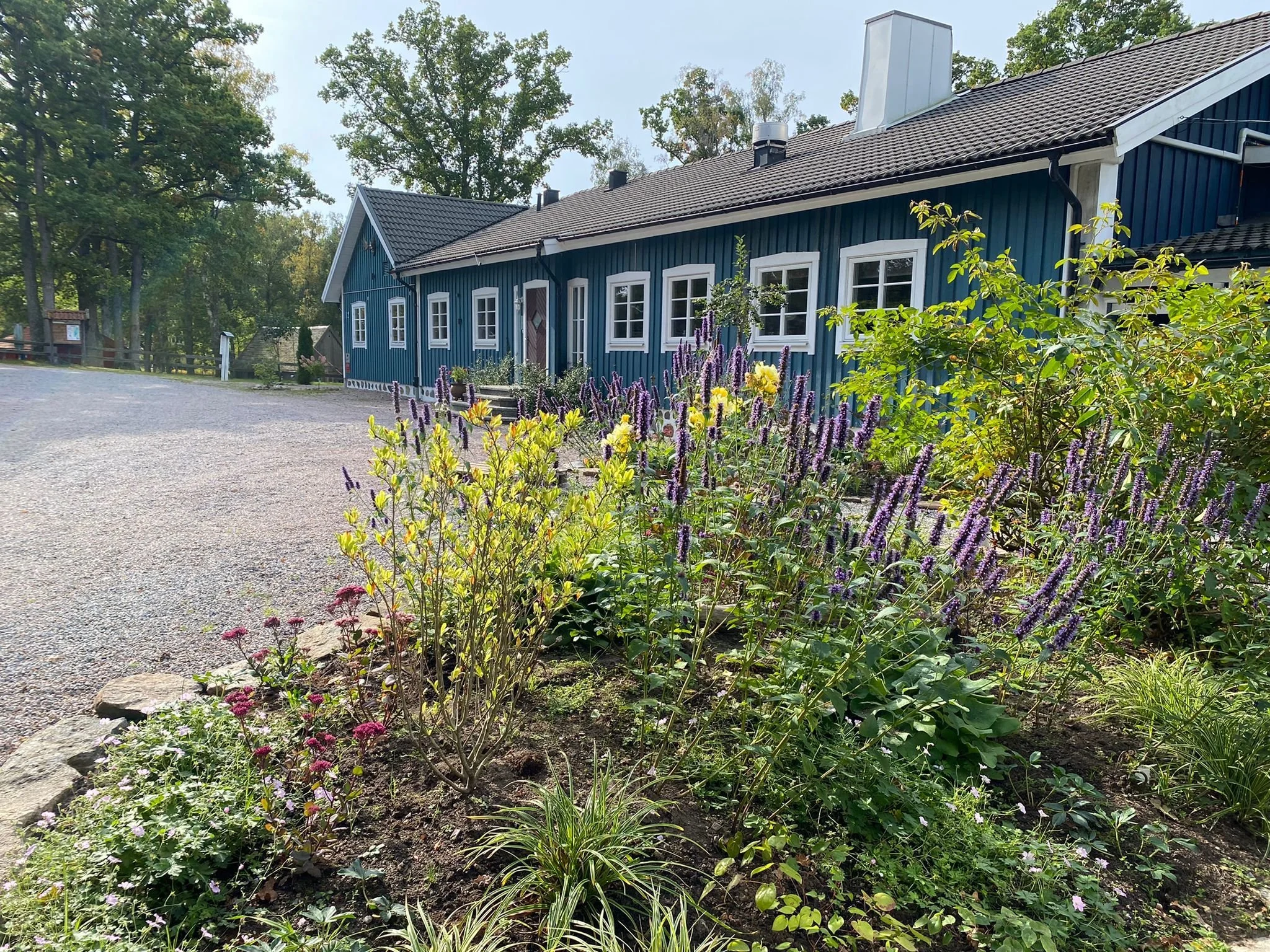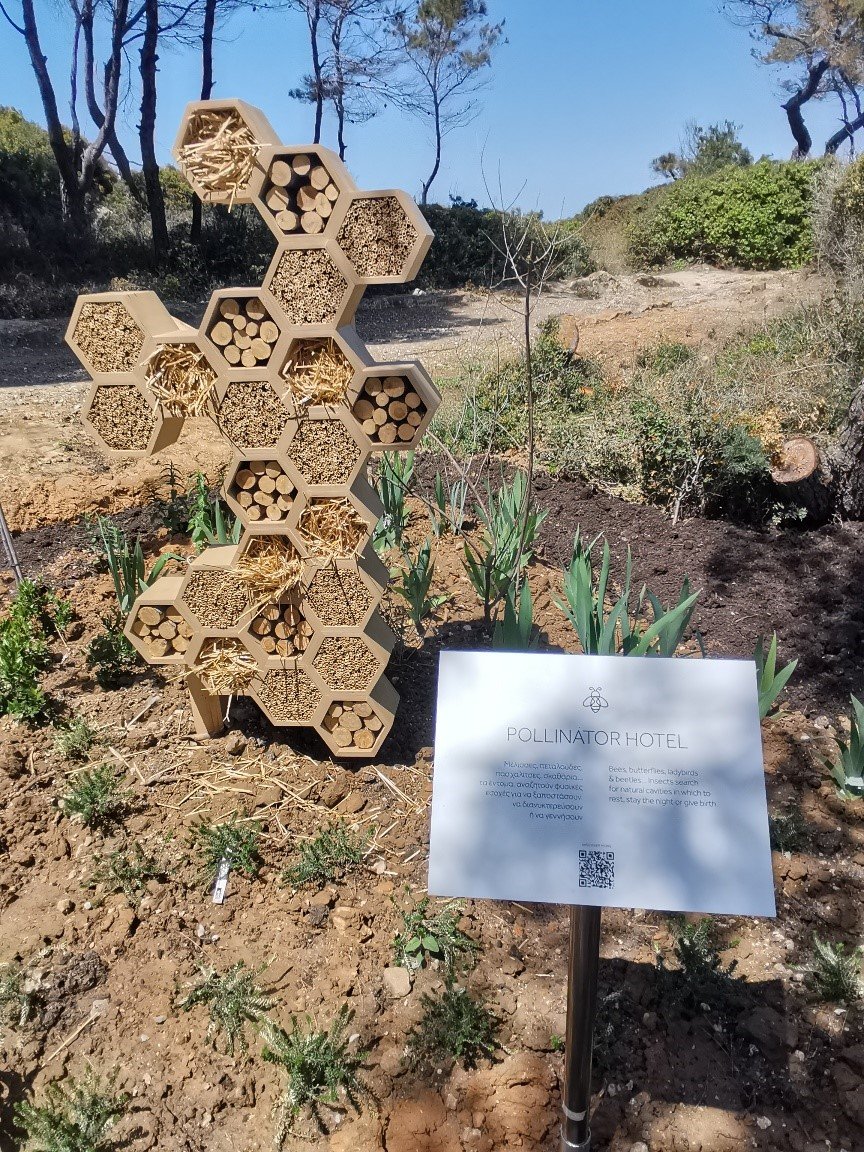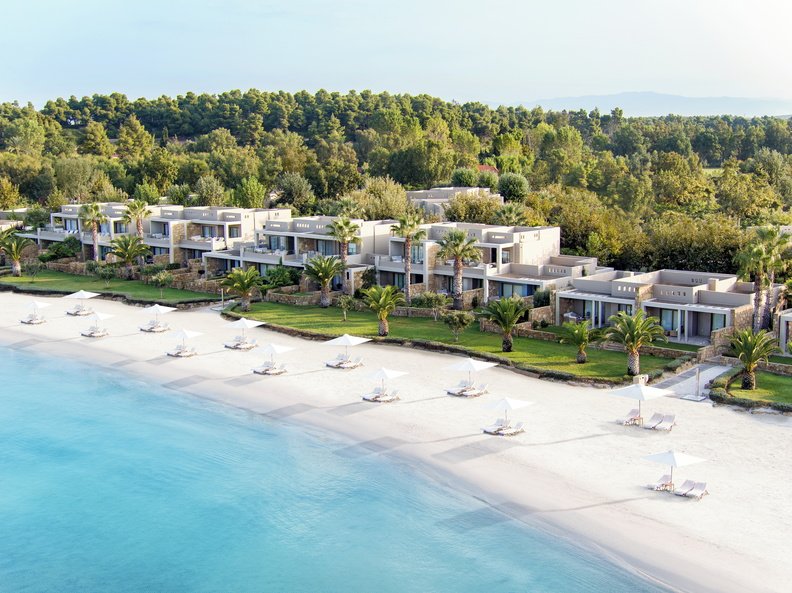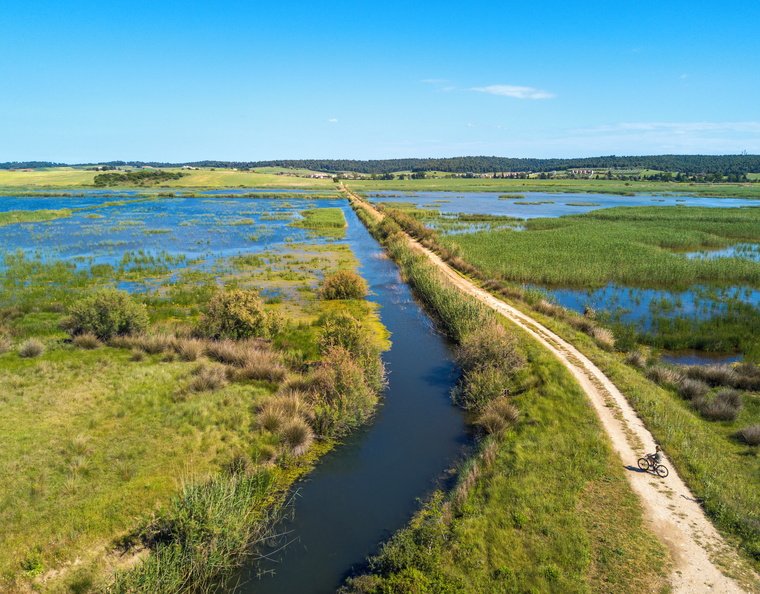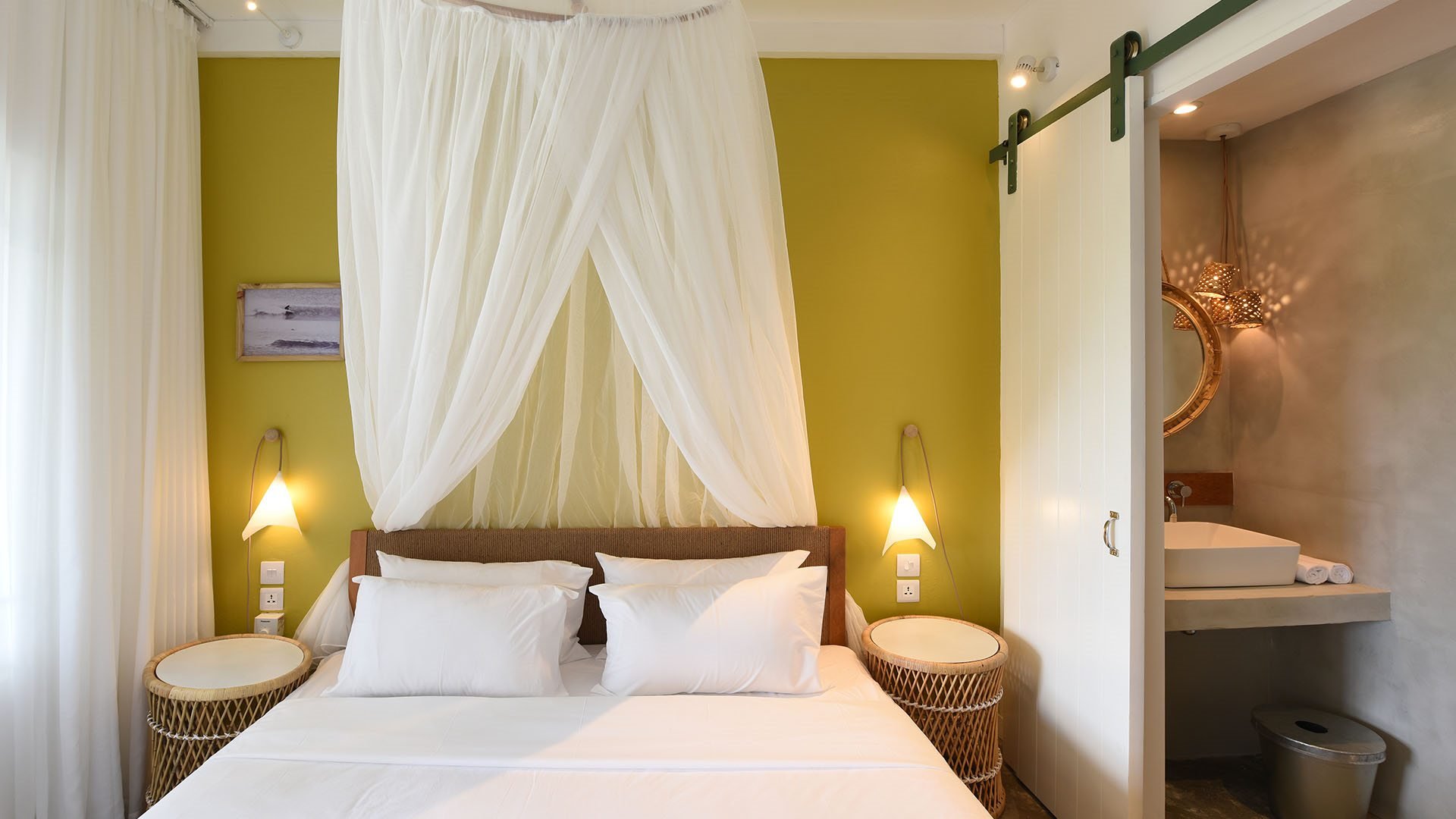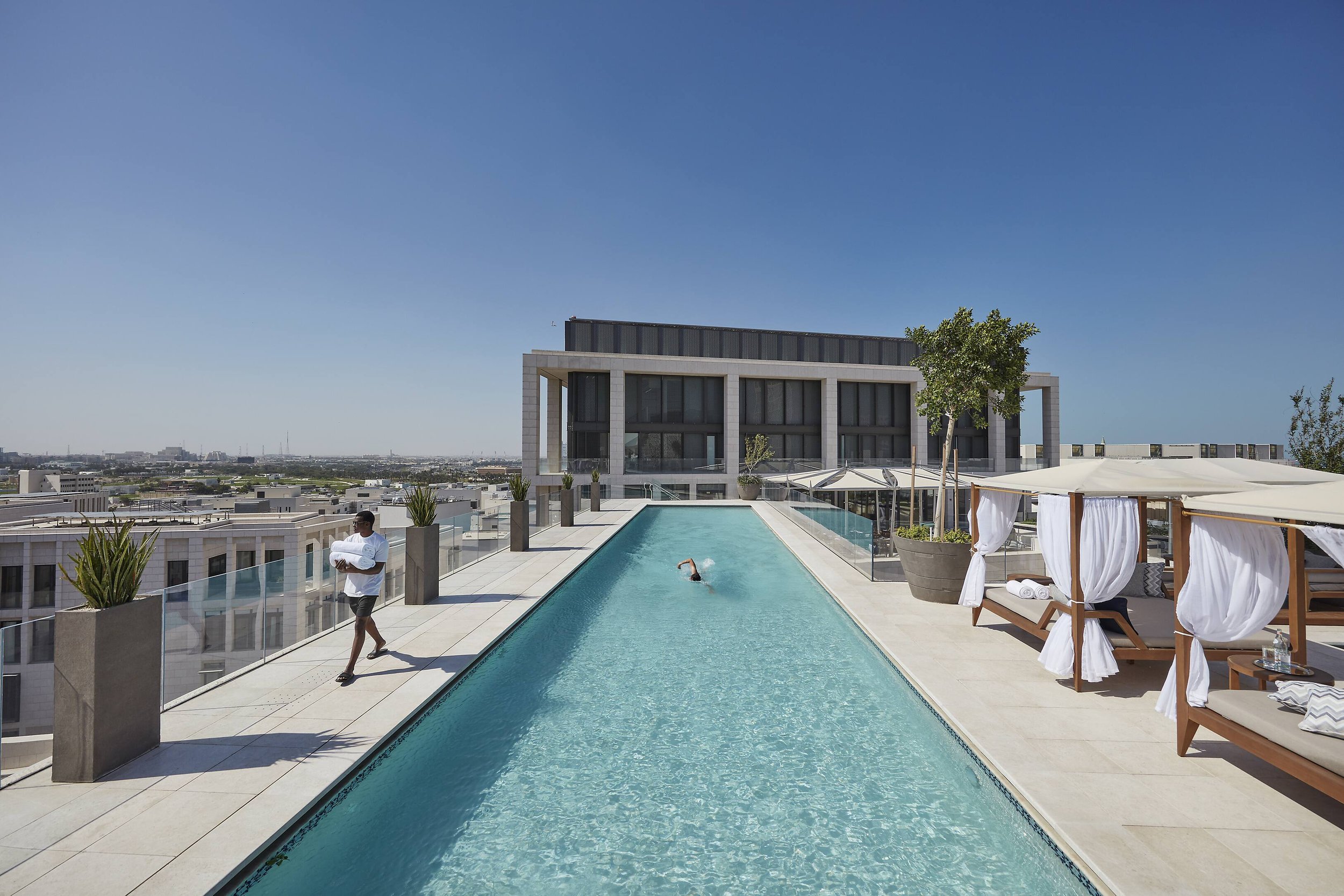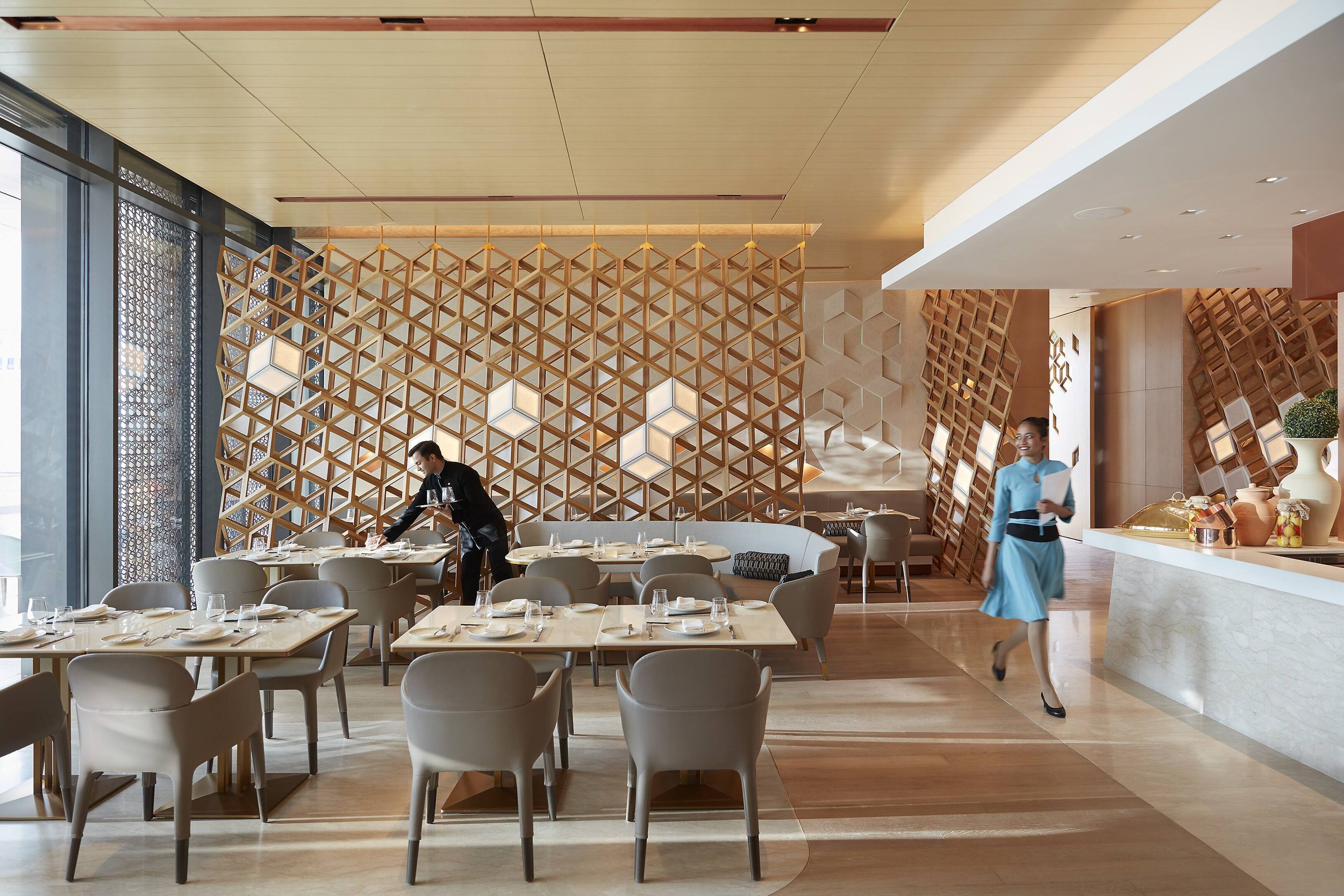Sustainability is a core component of the Hyvärila Youth Centre, which holds a Green Key certification, reflecting the centre’s standard of excellence in environmental responsibility and its awareness of its own environmental impacts.
© Hyvärilä Youth Centre Nurmes, Finland
In January 2021, the Youth Centre launched its Wildflower Meadow project, which involved planting a wildflower meadow near the Youth Centre as part of a larger biodiversity preservation project. Staff from the centre, the Association of Women in Agriculture and Housekeeping of Eastern Finland, the Association for Rural Culture and Education and the Environmental School of Finland all came together to support this initiative, providing local expertise and helping hands.
Planted using native Finnish species and species from the local area, the new wildflower meadow provides an excellent outdoor area for non-formal learning and is currently used to host biodiversity lessons for the youth centre visitors.
Wildflower meadows are a crucial habitat for many animal species. The diversity of wildflowers provides food and shelter to hundreds of insects, including pollinators, which, in turn, supports mammals and birds. Besides the planting of a wildflower meadow, the Hyvärila Youth Centre also worked closely with the local community and youth visitors to host a series of very successful insect hotel-building workshops, which will be repeated given their popularity. While only in its second year, the project serves to promote positive actions that individuals can take to preserve the natural habitat of local pollinating species and smaller animals.
The learning activities in connection with the planting of the wildflower meadow have also been used to teach about the importance of maintaining and preserving Finnish traditions and cultural landscapes. Co-funded by the European Solidarity Corps Programme, in the next five years the project aims to involve at least 70 local and international volunteers , teaching about how to grow meadows, and maintain them using traditional techniques. This includes learning about the use of traditional tools such a scythe, as well as the process of hay making. Participating in an annual flea market in North Karelia, the Youth Centre hosted an event, helping revive the Finnish tradition of “Haymaking Talkoot” – a community-based event which involves gathering local people to help complete a large task that needs doing, such as haymaking, cleaning or building something.
© Hyvärilä Youth Centre Nurmes, Finland
Launched in 2021, a programme by the United Nations Environment Programme (UNEP), and the Food and Agriculture Organization of the United Nations (FAO), the UN Decade on Ecosystem Restoration is a ‘rallying call for the protection and revival of ecosystems all around the world, for the benefit of people and nature’. Local youth and community-based projects such as the one from Hyvärilä Youth Centre play an important role in maintaining and teaching about local biodiversity and ecosystems. Overall, restoration of such wildflower meadows is essential to helping achieve the UN Decade’s goals and combating insect and pollinator decline worldwide.
If you would like to learn more about the UN Decade on Ecosystem Restoration and how you can get involved, please visit the following link.
This article is part of our UN Decade on Ecosystem Restoration series which highlights the projects and activities of FEE members that contribute to the UN Decade.



